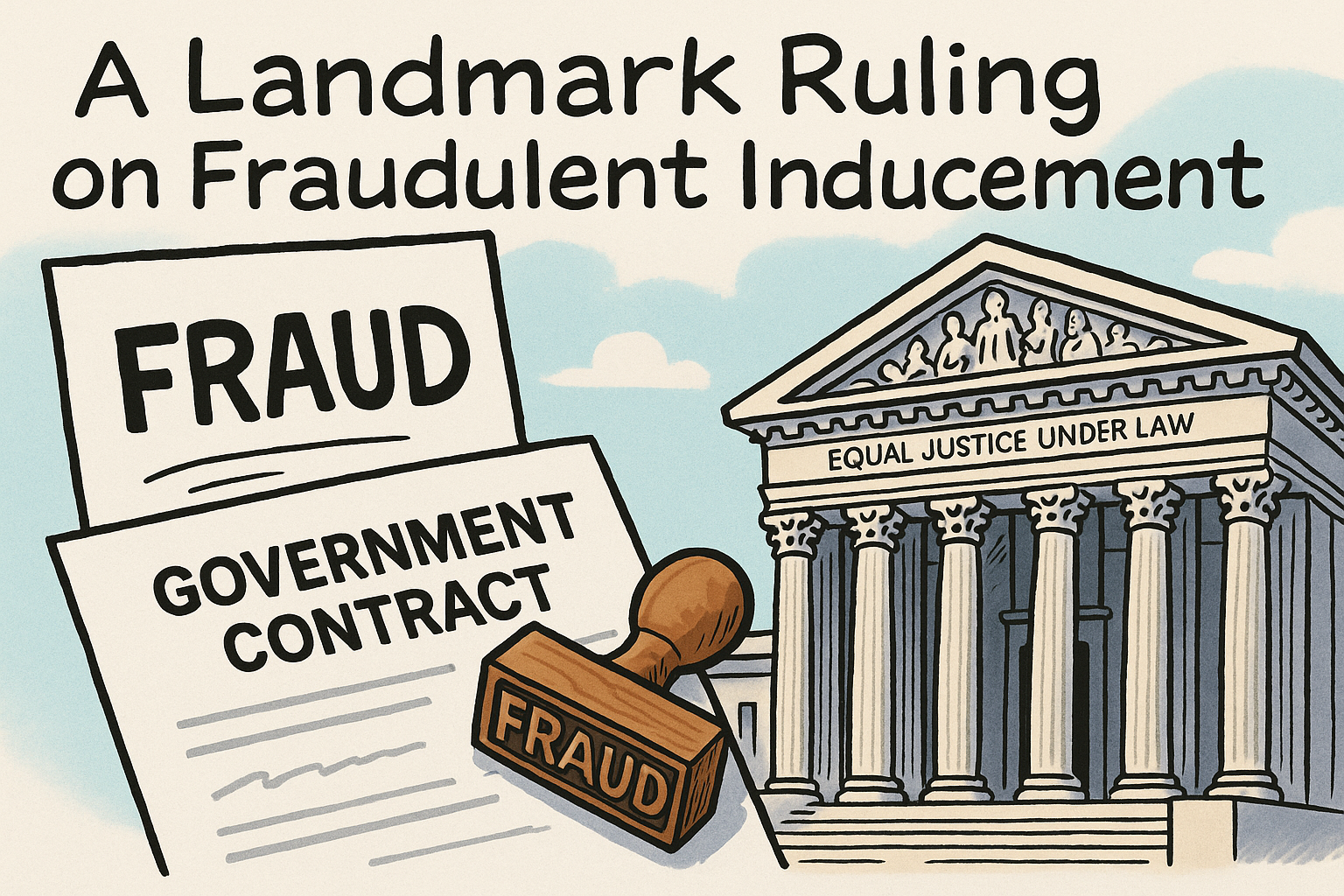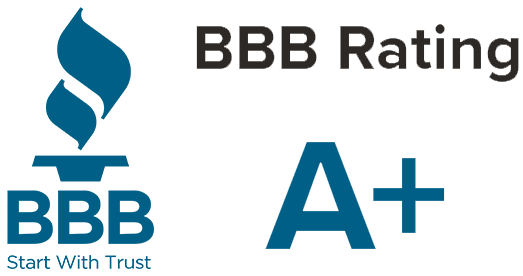Supreme Court Decision Could Spur Prosecutions of Government Contractors
By WALLY ANGEL, ROSE FINANCIAL SOLUTIONS
On May 22, 2025, the U.S. Supreme Court dropped a bombshell for government contractors in Kousisis v. United States. The ruling? You could face criminal fraud charges for misrepresenting your eligibility to win a contract—even if you deliver flawless work and the government loses nothing. For small to mid-size GovCons in the $700+ billion federal procurement market, this decision raises the stakes, especially as the Department of Justice (DOJ) ramps up its fight against procurement fraud in 2025.

A Landmark Ruling on Fraudulent Inducement
At the center of Kousisis was a common scenario in federal contracting: the use of disadvantaged business enterprises (DBEs) to meet diversity goals. In this case, Pennsylvania contractor Alpha Painting & Construction and its principal, Stamatios Kousisis, falsely claimed they would source paint from a certified DBE. Instead, a pass-through entity was used—one that added no commercial value and merely facilitated a markup scheme.
Although Alpha completed the bridge repairs to PennDOT’s satisfaction, the Supreme Court ruled that the misrepresentation itself—used to win the contract—constituted wire fraud under 18 U.S.C. § 1343. The key takeaway? It’s not the end result that defines fraud, but the intent and misrepresentation at the time of award.
How this Ruling Changes the Game for Contractors
Traditionally, fraud cases hinged on the government showing a financial loss or poor contract performance. The Kousisis decision shifts that standard:
- No need for economic harm: Prosecutors don’t have to prove that the government lost money.
- Focus on intent and materiality: The misstatement must be material—meaning it influenced the government’s decision—and must aim to obtain money or property.
This expands the prosecutorial toolkit for DOJ and raises the compliance stakes for contractors.
Compliance Blind Spots Now Under Scrutiny
This ruling is likely to energize enforcement under existing laws like the False Claims Act and criminal wire fraud statutes. Specifically, contractors should be aware of increased risk around:
- DBE and minority subcontracting certifications
- DEI (Diversity, Equity & Inclusion) statements and metrics
- Cybersecurity compliance and data handling protocols
- Certifications in grant applications and cooperative agreements
DOJ’s Civil Rights Fraud Initiative, launched recently, encourages whistleblowers to report fraudulent use of federal funds tied to social programs or policies—creating a new front in procurement fraud enforcement.
The Materiality Standard: A Guardrail with Limits
The Court emphasized that misrepresentations must be “material”—central to the contract’s purpose—to count as fraud. This protects contractors from overzealous prosecutions over minor issues, like procedural errors, but leaves room for DOJ to target significant misstatements, such as false DBE certifications.
Sentencing Still Tied to Economic Impact
Even if economic loss isn’t necessary for conviction, it still affects sentencing. Courts may reduce penalties based on the actual value of services rendered—not the total contract amount. This nuance could discourage overly aggressive prosecution where the government ultimately received fair value.
What Contractors Should Do Now
With DOJ putting fresh energy into procurement fraud enforcement, contractors—especially small and midsize firms—must shore up their compliance systems. Here’s a quick checklist:
- Review your certifications and representations on all current and past contracts.
- Audit subcontracting relationships, particularly those tied to DBE or DEI goals.
- Strengthen internal controls and reporting processes for bids and performance tracking.
- Document Everything: Keep detailed records of subcontractor agreements and performance to counter potential allegations.
- Train business development teams on the legal risk of inaccurate eligibility claims...
Read more in the ROSE Community.
Want to read the full article?
📢 Join ROSE Business Forum & Events to gain exclusive access to industry insights, discussions, and networking opportunities tailored for GovCons, Nonprofits, and Growing Businesses.

Wallace Angel, CPA
Wallace “Wally” Angel is a strategic CPA with more than 20 years of experience in the government contracting and consulting environments with companies ranging from start-ups to $800M. His government contracting expertise includes FAR and DCAA compliance, indirect rate calculation, forward pricing, proposal writing, pricing, and cradle to grave contracts management and system design and implementation.
Share this article:
Visit Us On:




